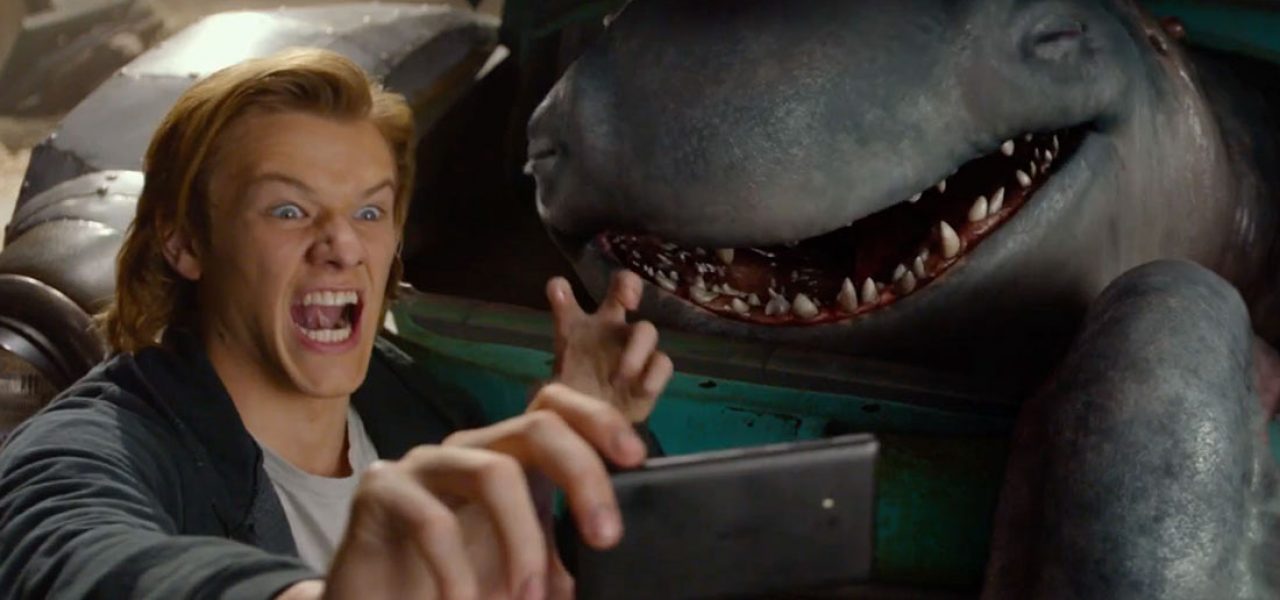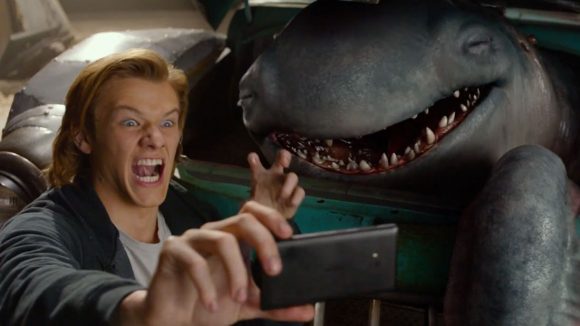

‘Monster Trucks’ Lost Paramount $115 Million—And The Film Isn’t Even Out
Monster Trucks, the live-action/cg-hybrid debut of Ice Age director Chris Wedge, doesn’t open in theaters until next week, but Paramount has already written off the movie as one big disaster. A $115 million disaster to be exact, which to put into perspective, is almost 80% of the budget that the United States government spends annually on ALL artists in this country of 325 million people.
Viacom-owned Paramount took a write-down on the movie last fall, citing “a programming impairment charge…related to the expected performance of an unreleased film.” The film is reported to have cost $125 million to produce.
Losing money on a film is nothing new for Hollywood studios, but announcing the impairment charge months in advance of a film’s release requires absolute confidence of failure. Paramount’s conviction that they’ve made a bad film should be believed because they know bad filmmaking better than anybody; the studio has been last place in market share among the American majors for five years running.
To be clear, director Chris Wedge doesn’t deserve all the blame here. He will surely get some of it, like this assessment by Variety’s Peter Debruge: “Like other directors who’ve hailed from the animation sphere (including John Carter helmer Andrew Stanton and The Chronicles of Narnia’s Andrew Adamson), [Wedge] seems overwhelmed by the transition, resulting in exaggerated acting and clunky staging.” But, Wedge was a hired hand on the project, brought on board by former Paramount Pictures president Adam Goodman, who dreamt up the concept with the help of (per the Wall Street Journal) his son, who was four years old at the time. (Goodman is currently running a movie production company owned by Chinese tech conglomerate LeEco.)
A write-down, to be clear, is not an actual loss of money, but a reduction of the book value of an asset. In the unlikely event that Monster Trucks becomes a hit—I personally can’t wait to see it, though maybe not for the right reasons—Paramount can decrease or reverse the write-down.
Animated films and directors have caused plenty of write-downs in recent years. Dreamworks has taken write-downs on numerous films, including Flushed Away ($109 million), Rise of the Guardians ($87 million), and Mr. Peabody & Sherman and Penguins of Madagascar ($57 million apiece). That’s nothing compared to Andrew Stanton, whose live-action debut John Carter resulted in a $200 million write-down for Disney. The numbers are unclear on Brad Bird’s Tomorrowland, but industry trades pegged the write-down on the film at around $120-140 million.


.png)